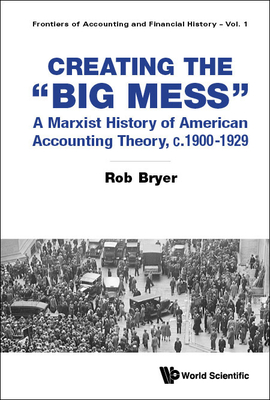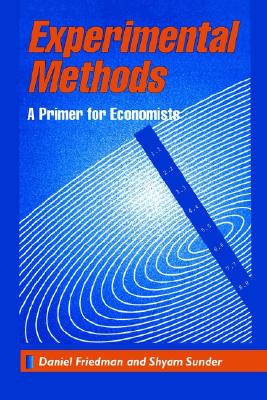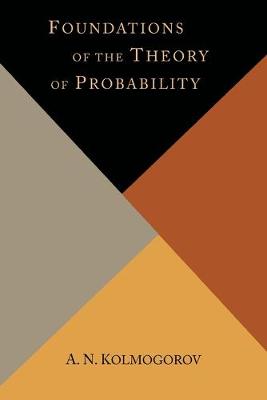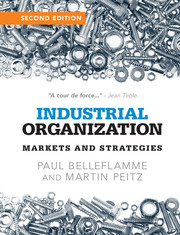
Creating the "Big Mess"(Frontiers of Accounting and Financial History)
创造“大混乱”:马克思主义美国会计理论史,约1900-1929年
会计学
¥
1507.5
售 价:
¥
1206.00
优惠
平台大促 低至8折优惠
发货周期:国外库房发货,通常付款后3-5周到货!
出版时间
2021年07月16日
装 帧
精装
页 码
492 pp
语 种
英文
综合评分
暂无评分
- 图书详情
- 目次
- 买家须知
- 书评(0)
- 权威书评(0)
图书简介
Creating the "Big Mess" and its sequel Accounting for Crises use Marx’s theory of capitalism to explain why there is no generally accepted theory of financial accounting, and explore the consequences, by studying the history of American accounting theory from c.1900 to 2007. The answer, Creating the "Big Mess", is first that while late-19th century British accounting principles, founded on the going-concern concept, provided an objective basis for holding management accountable to shareholders for its stewardship of capital, and were accepted by the nascent American profession, they are inchoate. Second, Irving Fisher’s economic theory of accounting, based on the assertion that present value is the accountants’ measurement ideal, which is subjective, framed early-20th century American accounting theory, which undermined British principles, making them incoherent. In an unregulated, pro-business environment, leading theorists, particularly Henry Rand Hatfield and William A. Paton, Jr., became authorities for management discretion, creating the "big mess" Hatfield saw in late-1920s American accounting. Accounting for Crises examines the roles of Fisher’s theory in promoting the speculation leading to the 1929 Great Crash, aggravating the Great Depression, hindering accounting regulation from the 1930s, producing the Financial Accounting Standard Board’s conceptual framework, and facilitating the 2007–2008 Global Financial Crisis.Key Features: oThis book explains why there is no coherent, generally accepted, comprehensive theory of accountingoIt proposes a Marxian theory of accounting based on Marx’s theory of capitalismoIt provides a unique critical history of the early development of modern American accountingoIt also explains the role of American accounting theory in creating and aggravating the 1929 stock market crash and Great DepressionoDespite America’s global pre-eminence and a sizeable journal literature on its accounting history, to my knowledge only one book attempts an accounting history of America from the late 19th century through the 20th century, Previts, G J and Merino, BD, A History of Accountancy in the United States: The Cultural Significance of Accounting, Second Edition. Ohio State University Press, 1998. Previts and Meri*is now out of date. Creating the "Big Mess" and its sequel, Accounting for Crises draw on a wide range of modern literature to reinterpret and extend their work. The book’s Marxist historical perspective complements Previts and Merino’s (1998) broad "cultural" perspective
本书暂无推荐
本书暂无推荐












